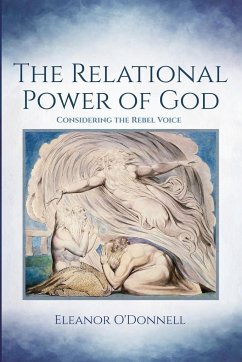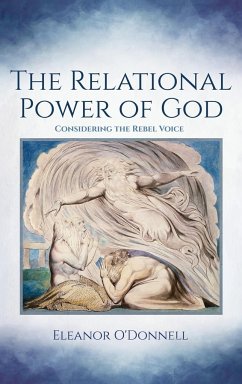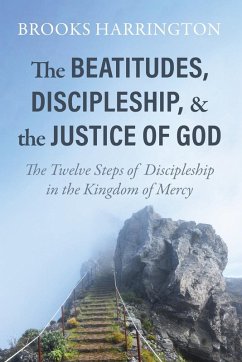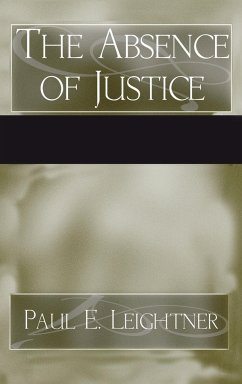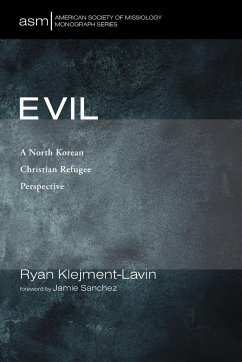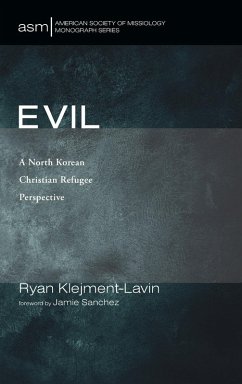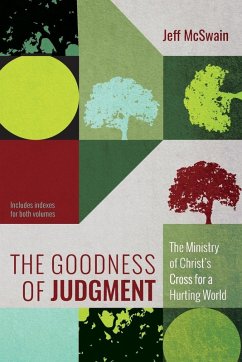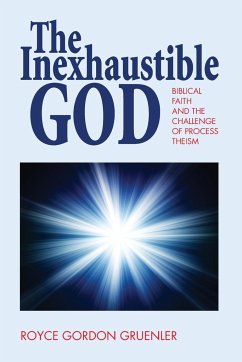When we find the courage to allow our rebel voice to speak, many of us question traditional Christian beliefs about God's power and how it is exercised in the world and in the church. We ask: What if God is not in omnipotent control of everything? What if God's exercise of power is relational and noncoercive instead? What if it is the quality rather than the quantity of God's power that really matters? This book focuses on the theology of power that emerges when we ask such questions. It draws on the social Trinitarian theology of Jurgen Moltmann and the process thought of Charles Hartshorne to image God as a Social Trinity in process. This vision of God understands the Holy Trinity to be fully relational and thoroughly with us and all creation. To think of God and God's power this way ensures freedom for creature and creation and enables a viable response to the problem of evil and suffering. It also leads to the conclusion that human relationships in the world and in the church are best modeled on the power-sharing solidarity of the Triune God.
Hinweis: Dieser Artikel kann nur an eine deutsche Lieferadresse ausgeliefert werden.
Hinweis: Dieser Artikel kann nur an eine deutsche Lieferadresse ausgeliefert werden.

